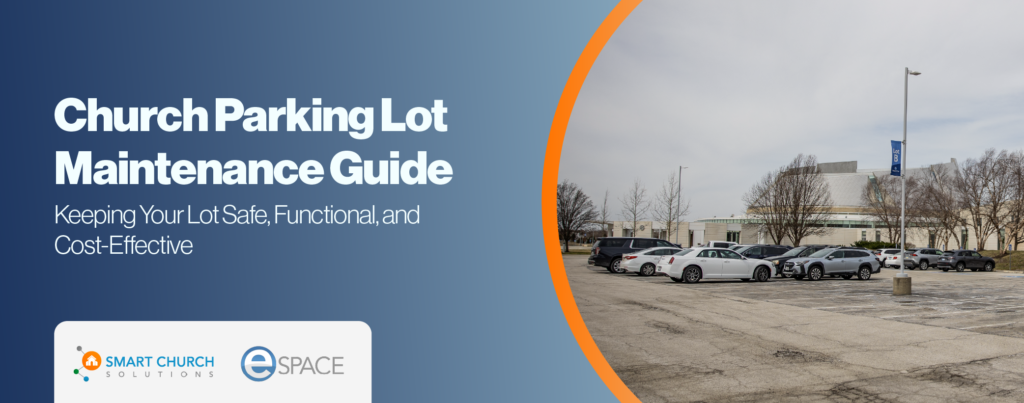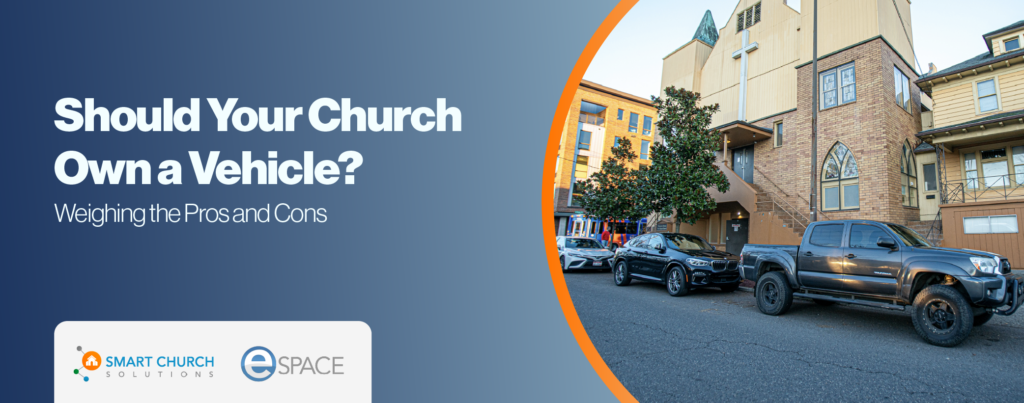Imagine this: the serene sanctuary of your church, filled with the hushed anticipation of Sunday morning. But instead of peaceful hymns, the air carries a musty odor. Sunlight glints off condensation dripping down ancient stained glass, and a creeping dampness looms. The culprit? Unmanaged humidity.
High humidity is more than just an inconvenience for houses of worship. It’s a silent enemy, threatening the health of your congregation, the integrity of your historic building, and even the precious instruments that resonate within its walls.
This isn’t a problem confined to the humid South. Even churches in drier climates grapple with the detrimental effects of moisture, from warped pews and peeling paint to mold growth and respiratory issues. And while makeshift solutions like scattered portable dehumidifiers might offer temporary relief, they’re no match for the complex challenges churches face.
This is where commercial dehumidifiers come in.
Beyond mere moisture control, commercial dehumidifiers are allies in creating a healthy, welcoming environment for your community. In the following paragraphs, we’ll uncover the hidden leaks, dissect the impact on your church building, and equip you with the knowledge to choose the right dehumidification solution for your church.
Understanding Humidity Issues in Churches
The Prevalence of Humidity Problems
As mentioned above, church humidity issues are widespread and not confined to typical humid areas. Many churches, even in less humid regions, encounter problems like internal window condensation, mold on walls, impact on wood, and plaster damage. These issues are often addressed with makeshift solutions like scattered portable dehumidifiers, which may be ineffective in the long run.
The Impact of Improper Dehumidification
Improper dehumidification methods (such as outdated or undersized dehumidifiers) can be ineffective and potentially harmful. A common mistake is integrating old dehumidifying equipment with new HVAC systems without proper sizing and compatibility checks, leading to inefficient operation and continued humidity issues.
Assessing and Addressing Humidity
Consulting with HVAC Professionals
Professional HVAC consultation is vital. Churches need to understand the specifics of their humidity issue—whether it’s a whole-building concern or localized in areas like basements. An expert can determine the right approach, including the placement of sensors and the type of dehumidifier needed.
Managing humidity is just one aspect of facility stewardship.💻 Book a Free Demo of eSPACE: Discover how our software can help you efficiently manage maintenance tasks, including humidity control measures and HVAC automation.
Identifying the Source of Humidity
Understanding the origin of excess moisture in a church is a critical step in effectively managing humidity. It’s not always as straightforward as it seems; environmental factors and structural issues can play significant roles.
Investigating Potential Leak Sources
Leaks are a common but often overlooked cause of humidity problems in churches. These leaks can come from various sources, such as roofs or plumbing. For instance, a seemingly minor issue like a gradual leak in a pipe can lead to significant moisture problems over time. Churches need to inspect these potential sources thoroughly. In cases where the leak is less obvious, like sweating pipes that cause dampness in certain areas, specialized tools and professional assessments become even more critical.
Using Tools to Detect Moisture
Moisture meters are invaluable tools in this investigation. They can help differentiate between localized problems, like a leak, and more widespread issues, such as environmental humidity. By taking readings in various parts of the church, one can determine whether the moisture is concentrated in specific areas (suggesting a leak) or is evenly spread throughout the building, indicating a more generalized humidity problem.
Understanding Environmental Factors
Sometimes, the humidity issue is not due to a leak but stems from environmental conditions. For example, a church in a region with high groundwater levels might experience humidity due to moisture seeping beneath the foundation. This problem requires a different approach than fixing a leak and might involve more comprehensive solutions like whole-building dehumidification systems.
Importance of Comprehensive Assessment
A thorough assessment is crucial in identifying the source of humidity. This process should involve checking all potential sources of leaks, assessing environmental conditions, and using the right tools to gather accurate data. Effective measures can be taken to address the humidity issue only after understanding the source.
Choosing the Right Dehumidification Solution
Understanding the Needs of Commercial Spaces
Churches require commercial-grade dehumidification solutions, not just any residential dehumidifier. The chosen solution should be capable of handling the unique environmental conditions of a large communal space and the volume of air that needs to be dehumidified.
Integration with HVAC Systems
Integrating dehumidification with the church’s existing HVAC system is essential. This ensures that humidity control is consistent throughout the building, preventing mold and mildew growth in ducts and on equipment, which can be a severe health hazard.

Optimize your HVAC system for better humidity control. Proper HVAC maintenance is crucial for effective dehumidification.🛠️ Explore our Commercial HVAC Maintenance Checklist for Churches: Ensure your systems are running efficiently to maintain ideal humidity levels.
Monitoring and Maintaining Humidity Levels
The Importance of Humidity Monitoring
Regular monitoring of humidity levels is essential for maintaining a healthy indoor environment. Simple and affordable devices like humidistat monitors can provide valuable data on the humidity levels in different areas, helping to target dehumidification efforts more effectively.
Addressing the Effects of Humidity on Church Interiors
High humidity can severely damage wooden interiors, such as pews and trim, and is particularly detrimental to delicate instruments like pipe organs. Ensuring proper humidity levels is critical to preserving these essential aspects of church heritage.
The Broader Impact of Humidity Control
Preventing Long-Term Damage
Effective humidity control is critical to preventing long-term structural and aesthetic damage. Issues like swelling wood and leaking windows can escalate without proper management, leading to costly repairs and maintenance.
Budget Considerations and HVAC Management
Managing humidity in a church setting is also a budgetary consideration. Turning off HVAC systems to save costs can lead to increased humidity and resultant damage, especially in spaces used infrequently. A strategic approach to humidity control can save significant repair costs over time.








